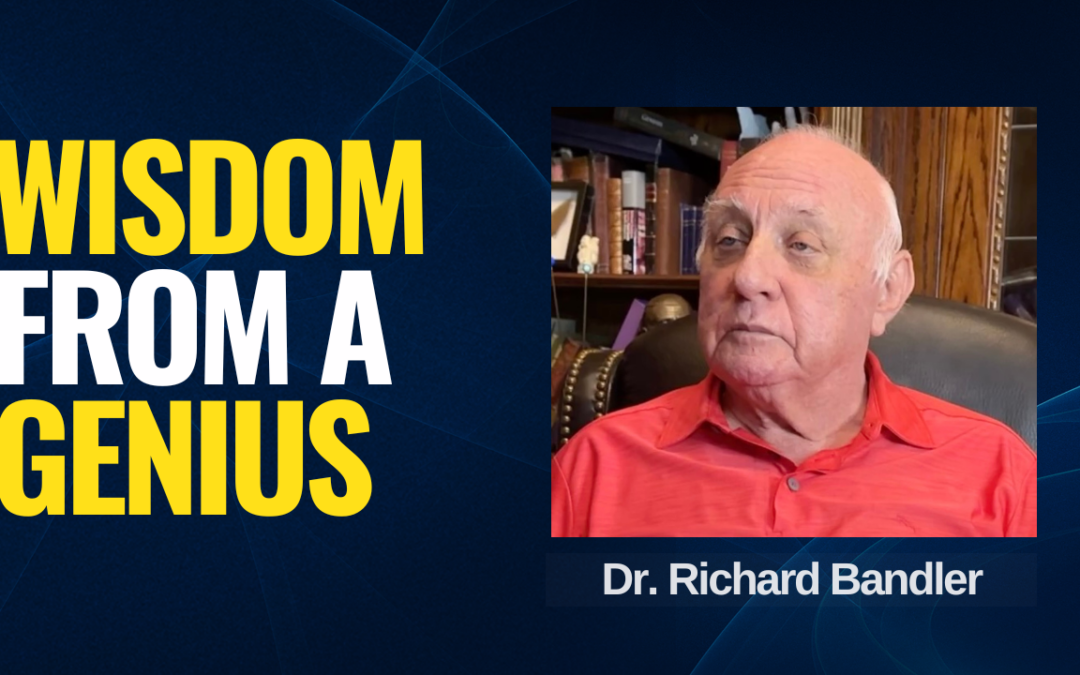Understanding Motivation
Intrinsic vs. Extrinsic Motivation:
Intrinsic Motivation: Driven by internal desires such as personal growth, satisfaction, and the pursuit of one’s values.
Extrinsic Motivation: Fueled by external rewards like money, recognition, and status.
Discipline vs. Motivation:
Discipline: The ability to regulate and manage emotions, thoughts, and actions to achieve long-term goals, regardless of how one feels.
Balance: Success requires both motivation to initiate action and discipline to sustain it over time.
Historical Perspectives on Motivation
Plato’s Tripartite Soul: The soul is divided into three parts—reason (logic and wisdom), spirit (emotions and courage), and appetite (desires and instincts). Motivation stems from managing these elements effectively.
Aristotle’s Pursuit of Happiness (Eudaimonia): All human actions are motivated by the pursuit of happiness and virtuous living. Differentiates between natural desires (necessary and good) and unnatural desires (artificially created wants).
Freud’s Unconscious Desires: Motivation is deeply rooted in unconscious desires, particularly those related to sex and aggression.
Behaviorist Theories: Watson and Skinner – Focus on observable behavior, reinforcement, and punishment as primary motivators. Human behavior is seen as malleable through conditioning.
Modern Theories of Motivation
Maslow’s Hierarchy of Needs: A pyramid structure representing human needs, starting from basic physiological needs to self-actualization. Each level must be satisfied before moving to the next.
Vroom’s Expectancy Theory: Motivation is the result of individuals’ expectations about their ability to perform tasks and the likelihood of receiving rewards.
Self-Determination Theory (SDT): Emphasizes the importance of intrinsic motivation and highlights autonomy, competence, and relatedness as key motivators.
Daniel Pink’s Drive: A variation of SDT, focusing on autonomy, mastery (the desire to improve and excel), and purpose (a sense of meaning in one’s work).
Goal Setting Theory: Success in motivation comes from setting specific, challenging goals, receiving feedback, and ensuring these goals align with the complexity of the task.
McClelland’s Human Motivation Theory: Proposes three key motivators: the need for achievement, affiliation, and power.
Tony Robbins’ Six Human Needs: Six fundamental needs driving human behavior: certainty, variety, connection, significance, growth, and contribution.
Neuroscience of Motivation
Dopamine Pathways
Mesolimbic Pathway: Known as the “reward circuit,” it drives action by creating desires.
Mesocortical Pathway: Involves cognitive control and long-term decision-making.
Corticostriatal Circuit: Integrates information from different brain regions to evaluate rewards and make decisions, influencing motivation.
Pain and Pleasure: Motivation is driven by both the pursuit of pleasure and the avoidance of pain, with cravings acting as a significant motivator.
Challenges with Motivation
Forgetting the Why: The importance of purpose in sustaining motivation.
Dopamine Depletion: Burnout from overexertion.
Lack of Clarity: Unclear goals hinder motivation.
Motivation Techniques
Intrinsic Motivation: Setting clear goals, fostering autonomy, and recognizing progress.
Extrinsic Motivation: Offering rewards, recognition, and competition.
Social and Environmental Strategies: Teamwork, mentorship, work-life balance, and creating a positive culture.
Motivating People Through a Project
Starting: Creating urgency, breaking tasks into small steps, and setting a clear vision.
Continuing: Maintaining motivation through celebrations, progress checks, and support.
Finishing: Focusing on the end goal, rewards, and preparing for the next challenge.
Podcast: Play in new window | Download






